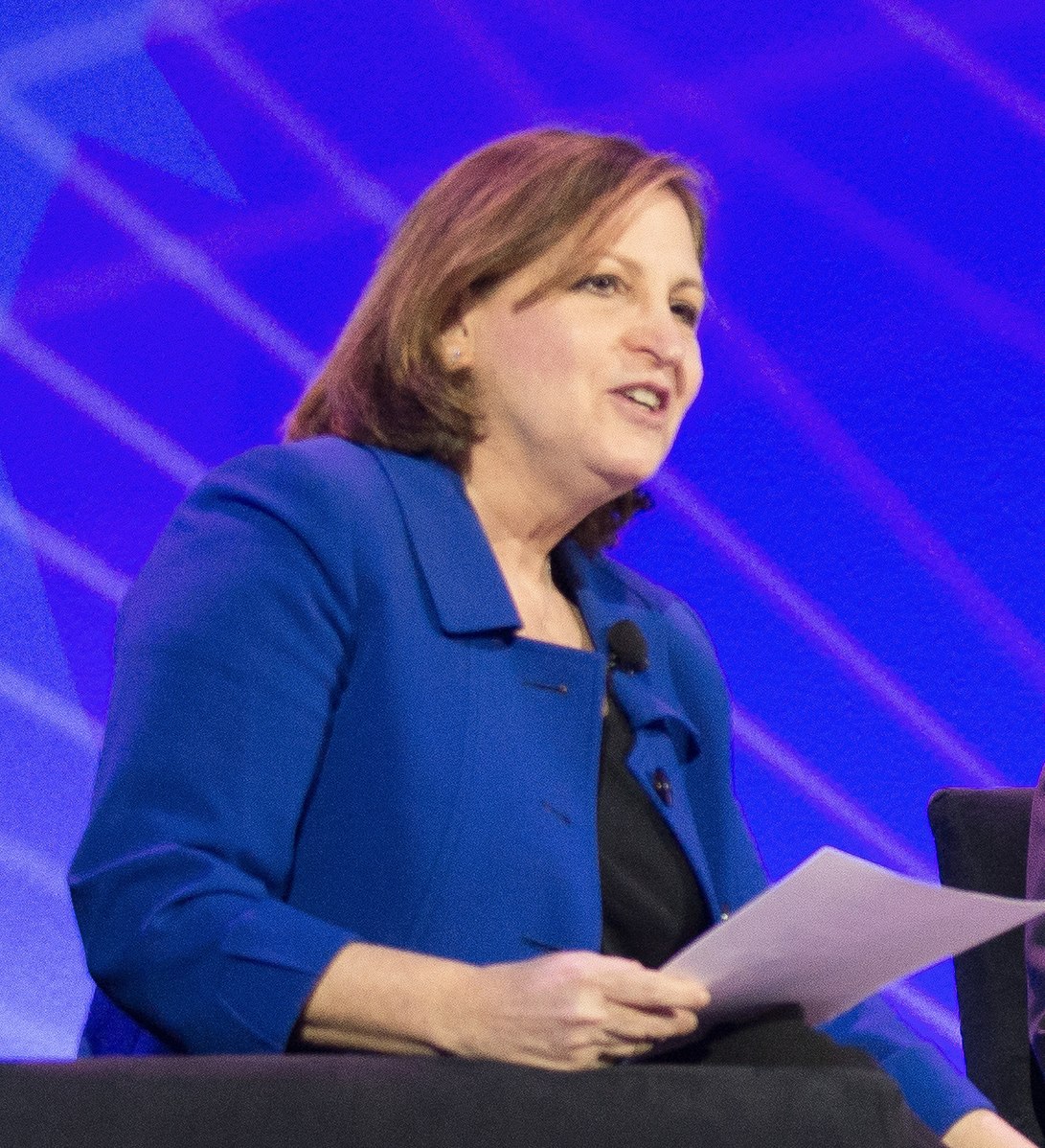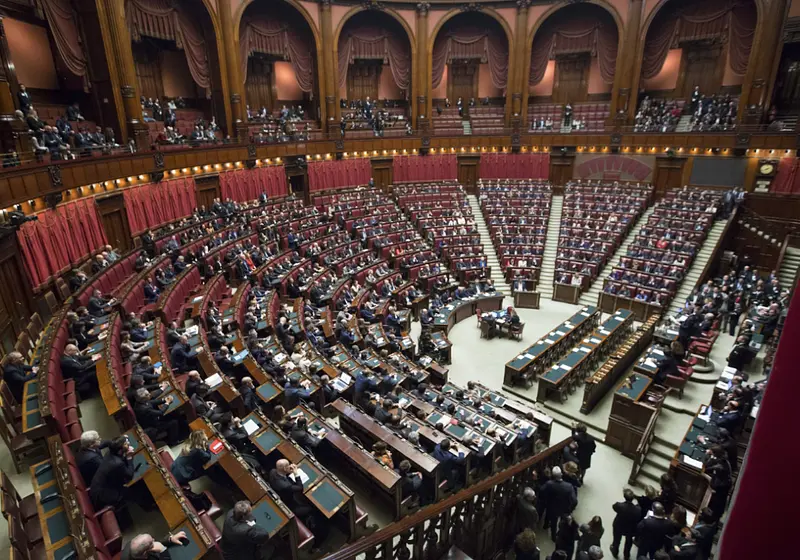Imagine opening the opinion section of your favorite newspaper and realizing the only “acceptable” views are the ones your boss agrees with. That’s no longer journalism—it’s branding.
This decision by The Washington Post owner Jeff Bezos in February to narrow the newspaper’s opinion section to amplify only “personal liberties and free markets” poses a real threat to journalistic integrity. If a news outlet’s editorial voice is pulled in—or pulled out depending on ownership whims—it no longer serves the public’s need for critical, diverse perspectives.
In March, Ruth Marcus from The Post resigned after the publisher blocked her dissenting column. In an email she told Will Lewis, publisher of The Post, and Bezos, that the shift “threatens to break the trust of readers that columnists are writing what they believe, not what the owner has deemed acceptable.”

Ruth Marcus at the Washington Marriott Wardman Park, Washington, D.C., Feb. 23, 2016
Image Credit: Lance Cheung from Wikimedia Commons
Opinion sections are meant to host clashing viewpoints. Of course, amplifying “personal liberties and free markets” is an important view to the world, but a singular ideological focus undermines informed public discourse. We need voices from different groups of people with different views of the world to clash. That’s how we learn and develop for the best.
During wars, where there's competition and opposing forces, human technology evolves faster than during peaceful years. During World War I, tanks and poisonous gas were developed and in World War II nuclear bombs destroyed Hiroshima and Nagasaki.
While debate and discussions between people with different opinions may not trigger wars, diverse viewpoints spark deeper thinking—and thinking is how we become smarter as a society. According to a 2025 Macau University of Science and Technology research, “The potential benefits of generational diversity stem from the diverse perspectives, experiences, and knowledge that different generations bring to the table. This diversity can foster creativity, innovation, and problem-solving, as teams can draw upon a wider range of ideas and approaches.”
By limiting the scope of the opinion section to “free market,” Bezos lost the everyday readers of The Post by failing to include topics that the public really cares about—voices critical of capitalism, corporate power, systemic inequality, or U.S. foreign policy. If the newspaper fails to reflect the everyday struggles of the majority of society, readers will gradually lose interest and turn to other publications.

Image Credit: Michael Fleischhacker from Wikimedia Commons
While The Washington Post’s slogan is “Democracy Dies in Darkness,” Bezos still heads the opposite direction. The definition of democracy is “a system of government by the whole population,” which directly contradicts restricting the paper’s so-called democratic opinion section. True democracy means every writer in the opinion section can share their voice—not limiting them to a narrow definition of what “democracy” should be. Promoting “democracy and free markets” by limiting the scope of opinions is hypocritical.
For The Washington Post, and journalism at large, this isn’t just about ideological balance, it’s about the trust contract between the newsroom and the public. At its best, opinion journalism not only echoes your assumptions, but it challenges your beliefs. It’s time for owners to let editors run editorial content with rigor, nuance, and respect for dissent—not just ideological purelines.

















